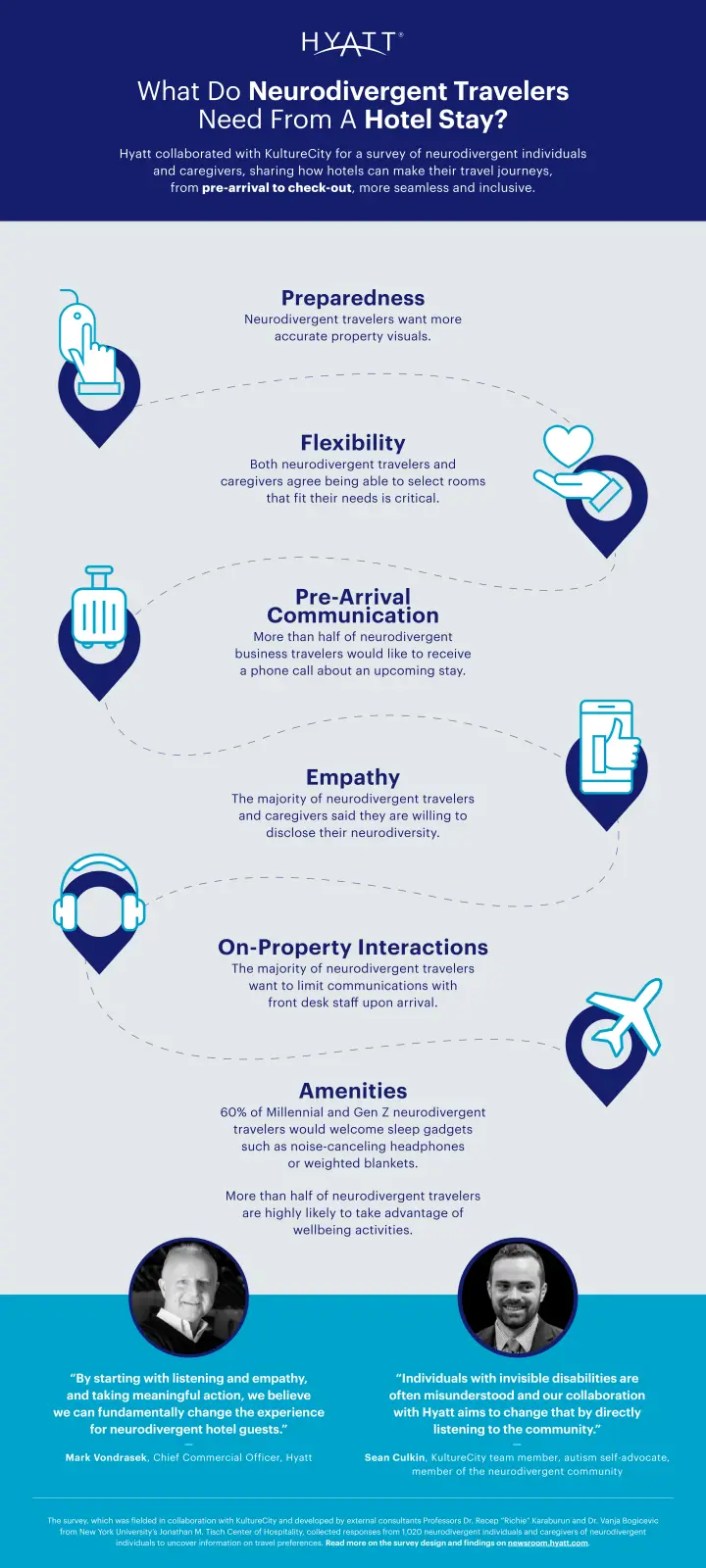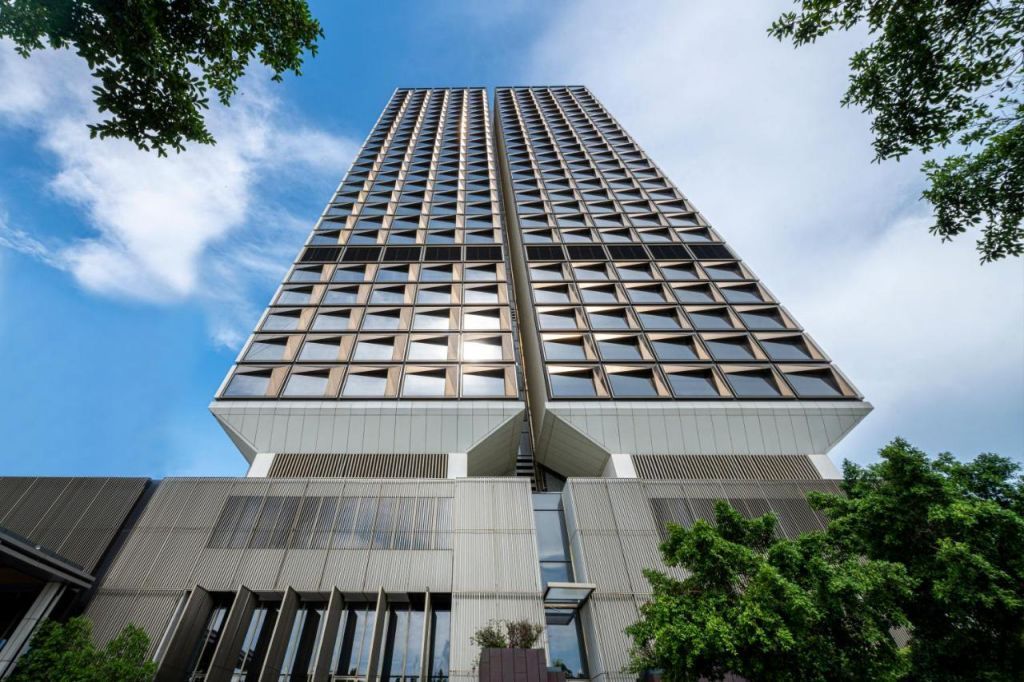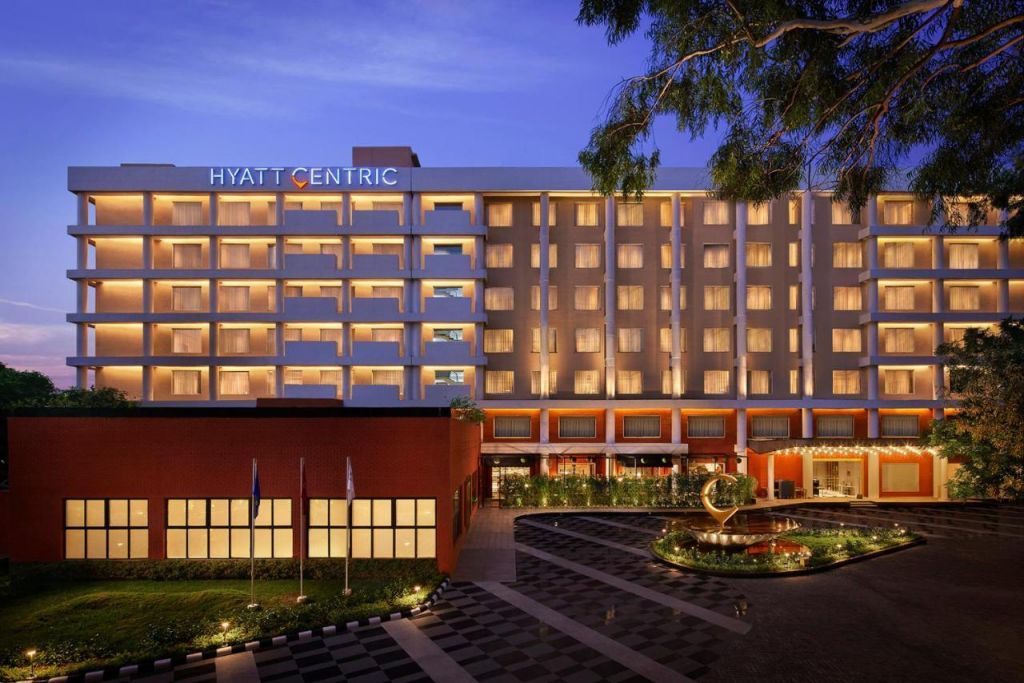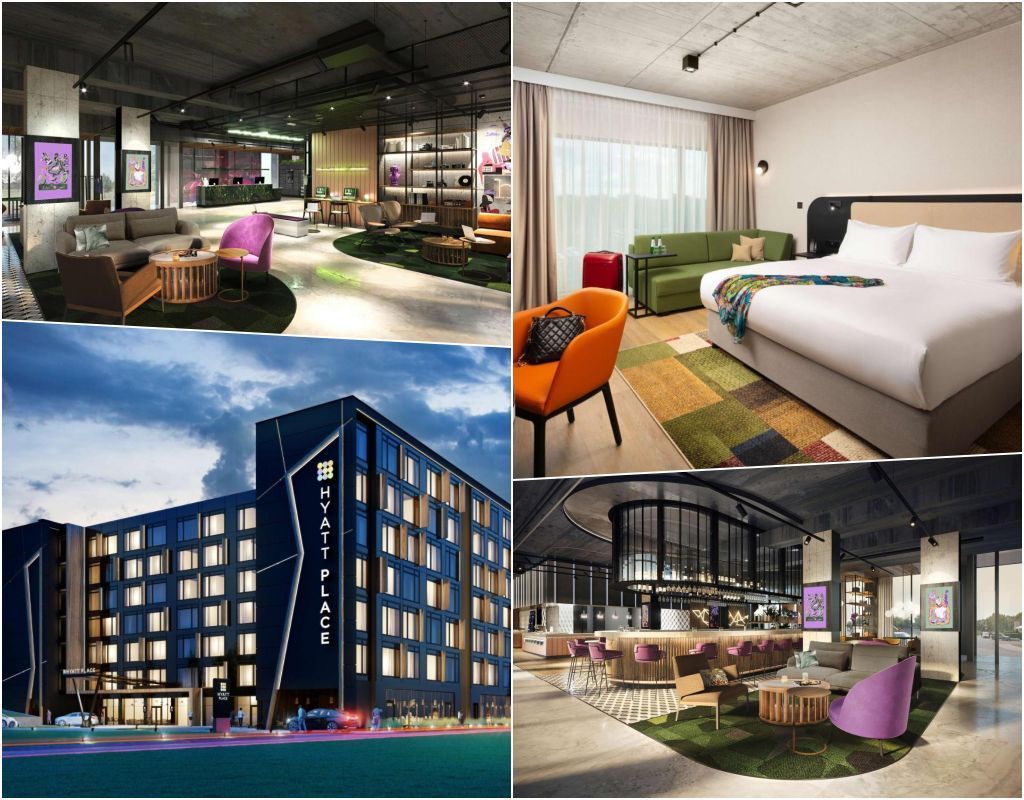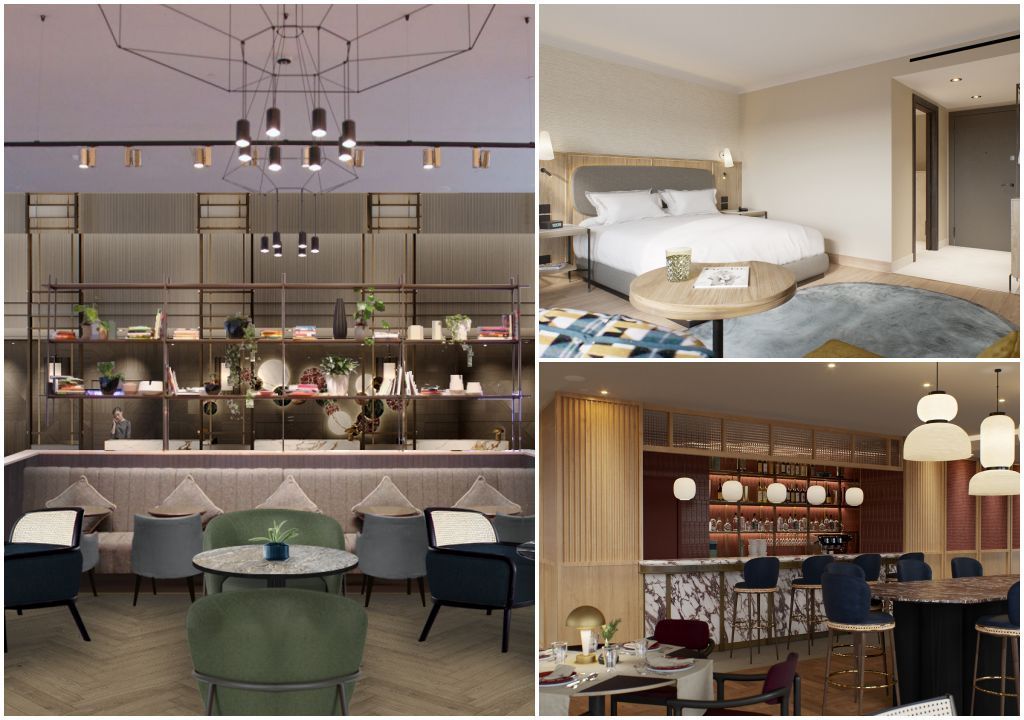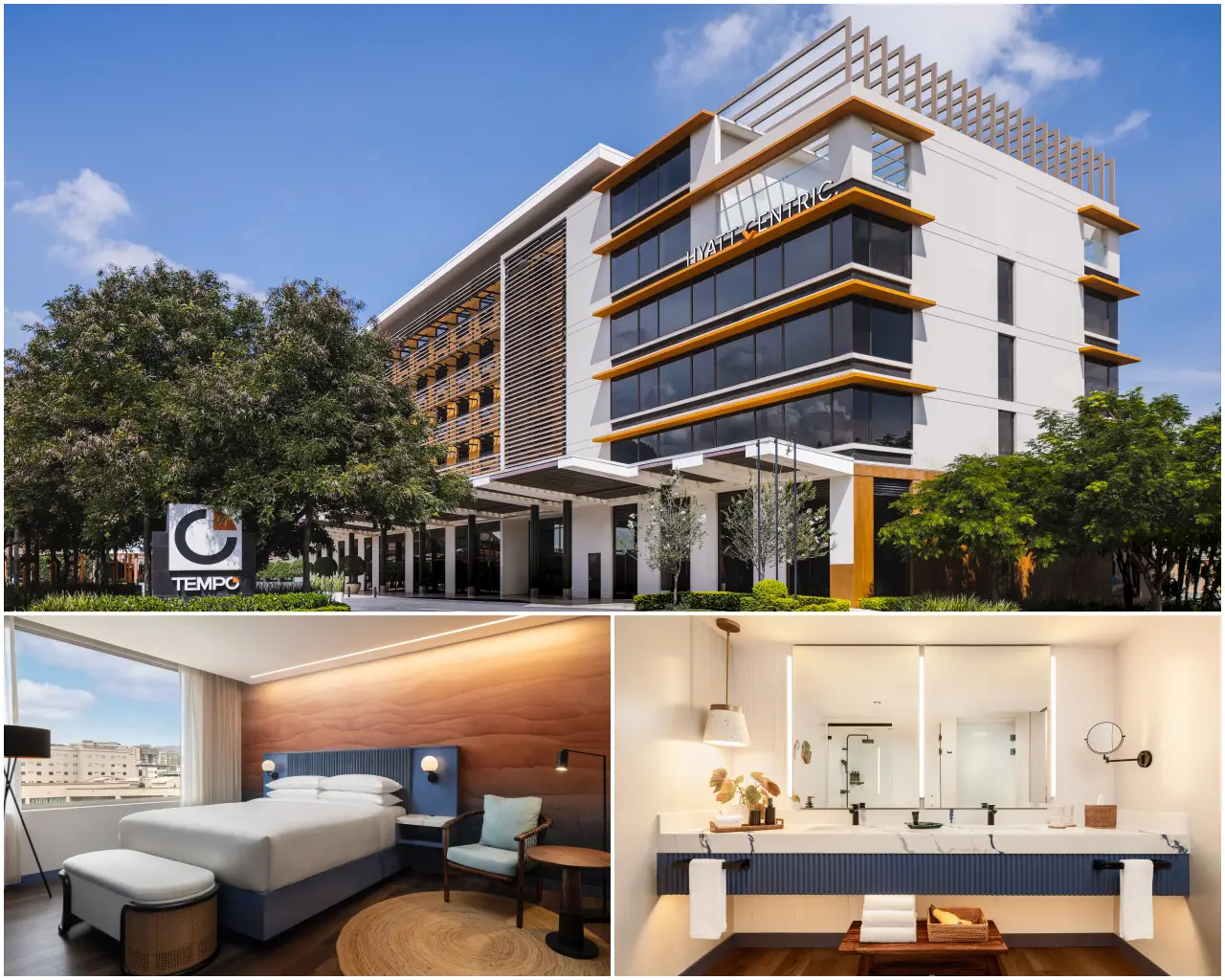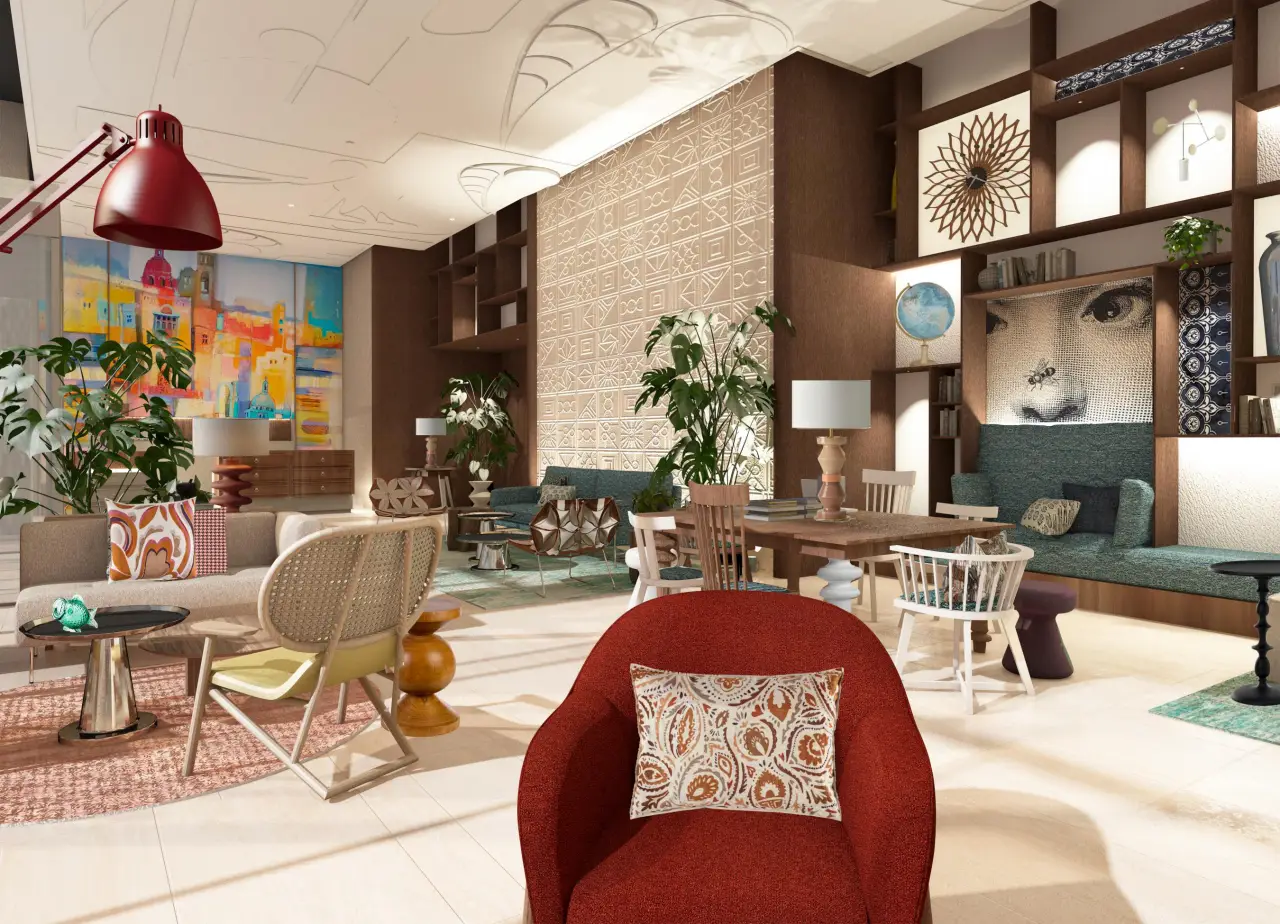One in every four Americans deals with a sensory need or an invisible disability, impacting individuals with conditions like autism, dyslexia, and ADHD.
A recent Hyatt survey, in collaboration with KultureCity, a leading nonprofit on sensory accessibility and acceptance for those with invisible disabilities, and external consultants Professors Dr. Recep “Richie” Karaburun and Dr. Vanja Bogicevic from New York University’s Jonathan M. Tisch Center of Hospitality, reveals that an inclusive approach in hotels can greatly enhance travel experiences for this demographic.
With more than 90% of neurodivergent individuals and caregivers of neurodivergent individuals in the U.S. planning to travel at least one night this year, according to the new survey.
Designed to listen to the key challenges of neurodivergent individuals, the survey is the first step in generating awareness for this growing demographic and how the hospitality industry can better serve them.
Nearly 70% of caregivers and more than half of neurodivergent travelers said they would disclose their neurodiversity during the booking process for a hotel to better serve them. The sentiment was even higher (more than 75%) for neurodivergent business travelers.
Hotels have a responsibility to train their staff on how to accommodate guests with sensory sensitivities. Hyatt is expanding its training programs to more properties, ensuring a sensitive and inclusive environment.
Proper visuals on hotel websites, like 3D tours, can help set proper expectations for neurodivergent guests before arrival. Over 50% of these travelers appreciate detailed visual descriptions of the property.
The flexibility in choosing room types and locations can significantly enhance the guest experience. This flexibility helps meet the specific needs of neurodivergent guests, such as choosing quieter rooms or those with less foot traffic.
Personalized communication methods, such as phone calls, are highly preferred by neurodivergent travelers, particularly business travelers. Hyatt is enhancing its communication strategies to offer more personalized service.
“When someone walks through our doors, as a colleague, guest or customer, we want them to feel cared for so that they can be their best; this is our purpose as a company, and our work with KultureCity and the NYU professors is a realization of that care,” said Mark Vondrasek, Chief Commercial Officer, Hyatt.
“By starting with listening and empathy, and taking meaningful action, we believe we can fundamentally change the experience for neurodivergent guests, who are expecting more from their travel experiences and the hospitality brands they choose to stay with. As we are learning more, we will work closely with the Hyatt disABILITIES Diversity Business Resource Group and our expert collaborators to advise us on how to make improvements throughout the guest journey to be more inclusive.”
Digital solutions like online check-ins and check-outs are preferred by neurodivergent travelers to reduce face-to-face interactions. Hyatt is improving these digital experiences to streamline the check-in and check-out processes.
Offering specialized room amenities can make stays more comfortable for neurodivergent guests.
Approximately 60% of Millennials and Gen Z neurodivergent travelers and caregivers said they would welcome sleep gadgets (pillow menu, sleep mask, noise canceling headphones, meditation/sound machine etc.) to make their hotel stays more comfortable.
More than half of neurodivergent travelers also noted they were highly likely to take advantage of wellbeing activities during their typical stays, emphasizing the importance of offering spaces and options to practice self-care while away from home.
Hyatt’s collaboration with Headspace and other wellness brands ensures a restful experience through personalized sleep and relaxation aids. The Hyatt Has It program offers a variety of everyday essentials guests can borrow or buy, such as headphones, humidifiers, yoga mats, etc. and is available at a selection of Hyatt properties.
“Individuals with invisible disabilities are often misunderstood and our collaboration with Hyatt aims to change that by directly listening to the community,” said Sean Culkin, KultureCity team member, autism self-advocate, member of the neurodivergent community.
“With KultureCity carving the path for inclusion and awareness and Hyatt leading the way to have an open conversation to uncover areas of improvement, we can provide the tools and resources for the hospitality industry to encourage neurodivergent travelers, so they too can immerse themselves in the transformative powers of travel.”
Aligned with World of Care and grounded in Hyatt’s purpose of care, Hyatt prioritizes inclusion at all levels of the organization. Many disabilities go unnoticed and are visually unrecognizable. Hyatt recognizes that there is room to drive awareness on invisible disabilities within the hospitality industry and is committed to listening to colleagues, guests, members and customers to continue creating more inclusive spaces. Hyatt advances allyship and inclusion for the neurodivergent community and beyond while helping enact change across the organization through the dedication of Hyatt colleagues, including its disABILITIES Diversity Business Resource Group.



